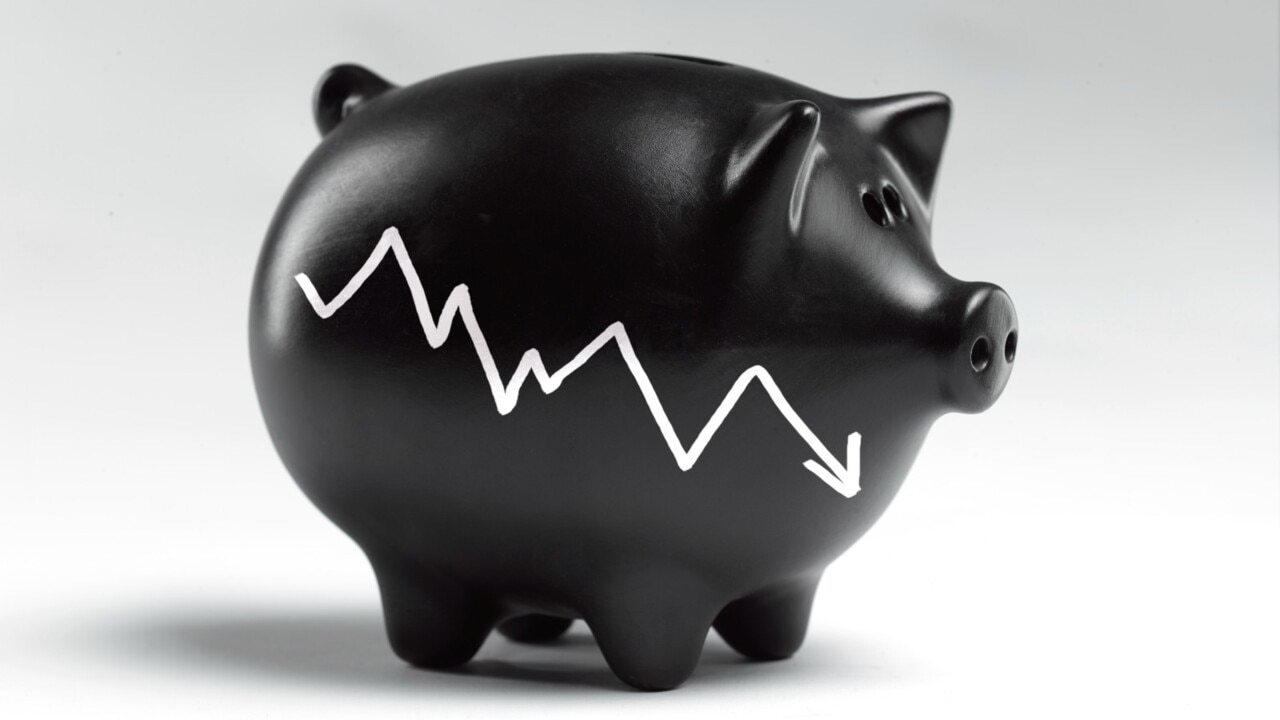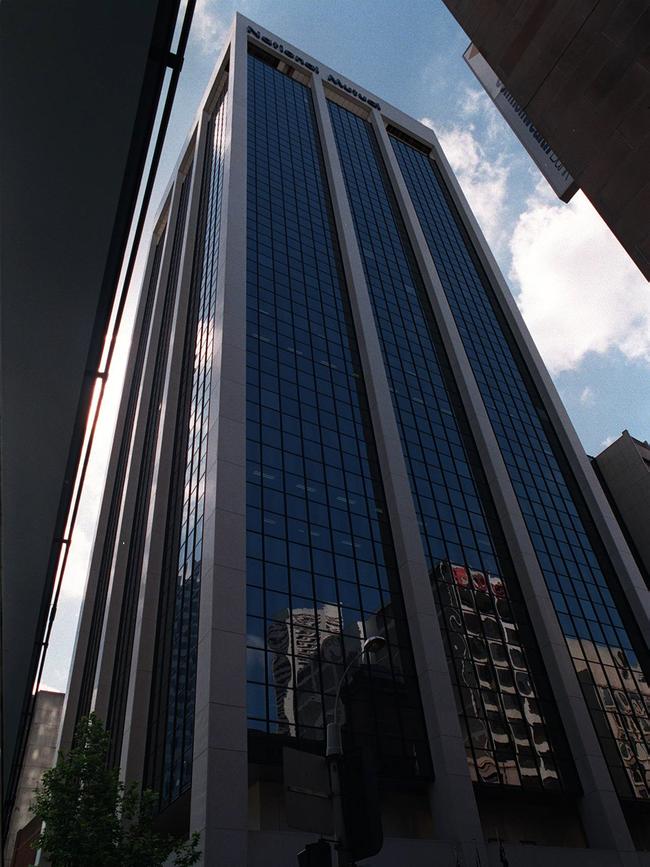Commercial property’s seesaw week signals industry split
Stress testing shows that most big listed trusts have some financial buffers in place against scenarios of sharper declines in rents and asset value.

This week has been a watershed moment for the commercial property industry – it began with widespread concerns about a dramatic downturn in values and worries about large superannuation funds being left exposed to a collapsing sector.
The fears were sparked by property major Dexus selling off a Sydney tower at a 17 per cent discount to its December valuation. This sent shivers through an industry still scarred by deep capital losses during the Global Financial Crisis.
But now is a different time, and landlords carry far less leverage, even as they face the prospect of double-digit percentage cuts to the valuations of once prized assets.
Credit agency S&P Global Ratings warned on Thursday the strains on office-focused real estate investment trusts and landlords across the Asia-Pacific would intensify over the next few years. It would be a period of weaker cash flows and asset valuations.
However, the agency distinguished the local market from the crisis that has engulfed key cities in the US, with San Francisco in dire straits as many landlords hand back the keys to assets.
On Monday, the owner of the Westfield San Francisco Centre said it was turning the shopping centre over to its lender. But that sort of distress has not featured here, even as receivers say they are getting more instructions from the non-bank financial institutions that play at the riskier end of the spectrum.
The primary fears locally have been around the office sector as the shopping centre industry took the harsh medicine of lower valuations in the years before the pandemic struck. There, at least, the big landlords are now taking the prices on offer from opportunistic buyers.
Now, the dam is starting to break for offices. As S&P says, tenants are downsizing as hybrid working takes root. Vacancy rates are elevated and higher interest rates are putting pressure on funding costs and asset values.

But stress testing shows that most big listed trusts have some financial buffers in place against scenarios of sharper declines in rents and asset value.
Most notably, the biggest players are winning from a growing trend where tenants seek out the best offices in order to get their workers back. This “flight to quality” will benefit top REITs and landlords simply because they tend to own prime-grade assets even though they are proving difficult to sell with big campaigns in Sydney paused by vendors.
A split has opened in the market between companies that believe their top-flight assets will come through the crisis and those stuck with properties that are exposed to the harsher vicissitudes of the lower end of the market.
Property funds house Charter Hall is one of the best examples of this trend where capital is gravitating towards the best new offices. It is rolling out next generation projects in big capitals, as is rival Dexus.
The same is happening in industrial property, where Goodman and listed peers are leading the way. And when it came time for Dexus to sell a logistics asset, it did so on Thursday at a healthy premium.
But investors are demanding higher returns as they go into commercial real estate. JPMorgan analysts said that required returns had lifted by about 1 per cent and buyers were favouring more value-add strategies that could help unlock higher returns.
Others expect further falls in asset prices. BTIG director Phil Montgomerie said A-REITs were still to revalue their assets appropriately, with pressures coming from higher interest rates, increasing incentives for longer, higher vacancies, slowing consumer spending, a contracting household balance sheet and a potential slowing business sector leading to at the least a soft economic landing, but probably a mild recession in Australia as inflation continues. As ever in property, the devil is in the detail.
Instead of looking to gloom-laden headlines, valuers are instead being urged to look at the evidence derived from transactions between willing buyers and willing sellers, rather than simply playing to market fears.







To join the conversation, please log in. Don't have an account? Register
Join the conversation, you are commenting as Logout